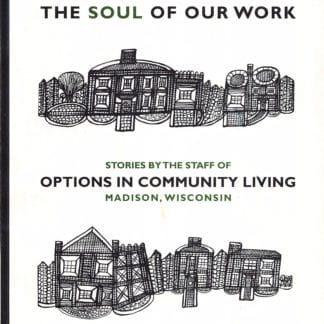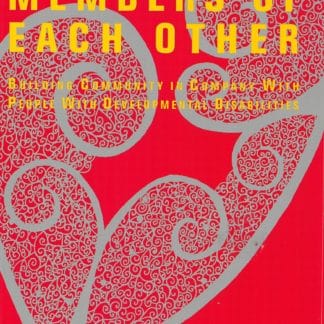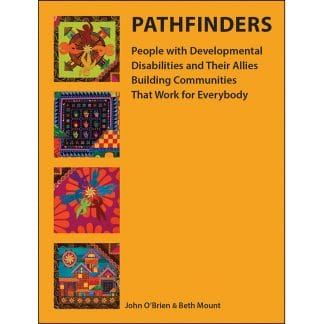John O’Brien
Dear Friends,
A Letter from America onSchool Inclusion
Here in the United States, the struggle for inclusion remains just that – a struggle that will not be finally won in my lifetime, and a struggle that is all the more worthy for that.
Our schools label more and more children and young people, export them into special education, and then allow them back into ordinary classrooms and celebrate themselves for being inclusive. Meanwhile, pupils with more substantial disabilities generally remain excluded for most if not all of their school time.
Those who slip through the fence into ordinary classrooms usually do so because of sustained parental advocacy, which is often costly in time and stress of standing up to school authorities, if not in money. Once present, they are more likely to be seen by classroom teachers as the responsibility of classroom aides who work under the authority of special education teachers than as full members of the class. Often, disabled pupils attend a sort of parallel school, physically present to the classroom for much of the school day, but disengaged from the real life of the class or the school. The older the young person, the farther their parallel school experience moves from the life of other young people and the less their real engagement with other pupils.



